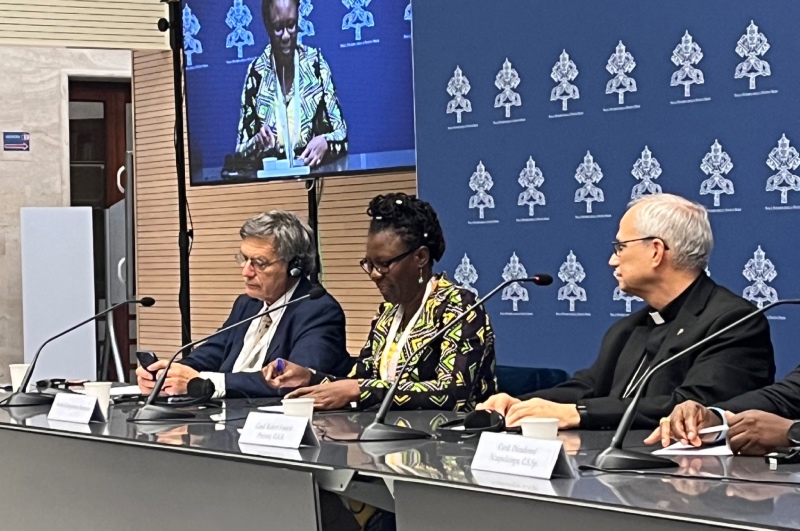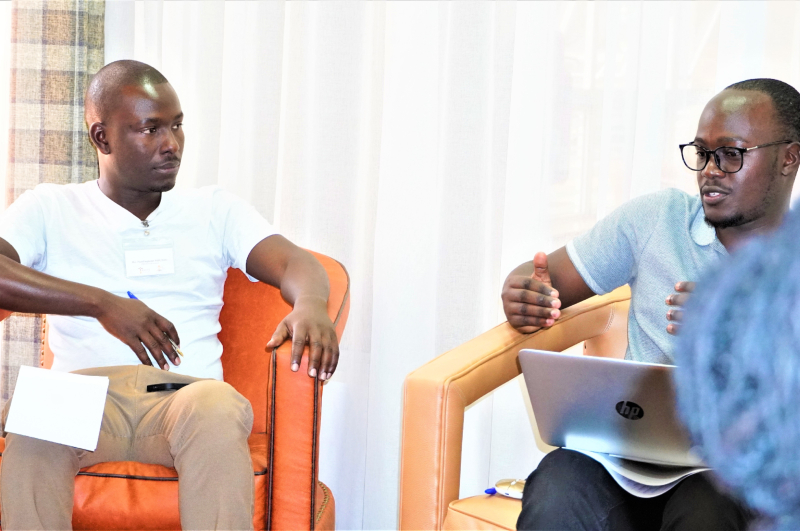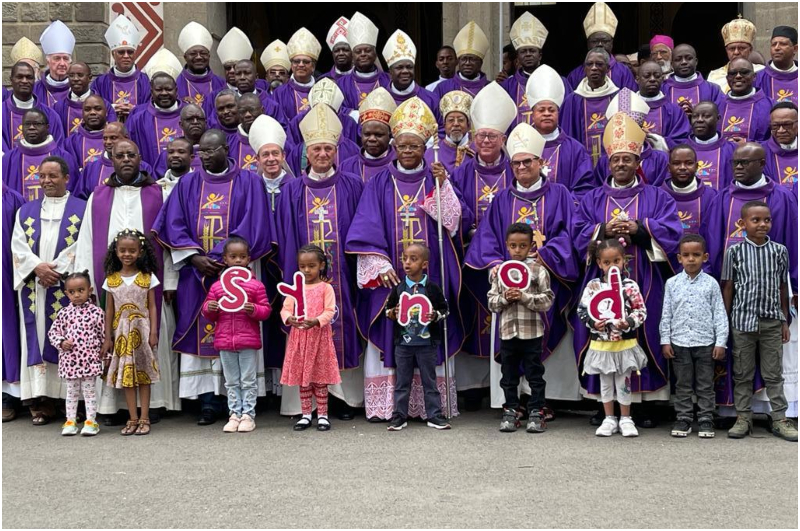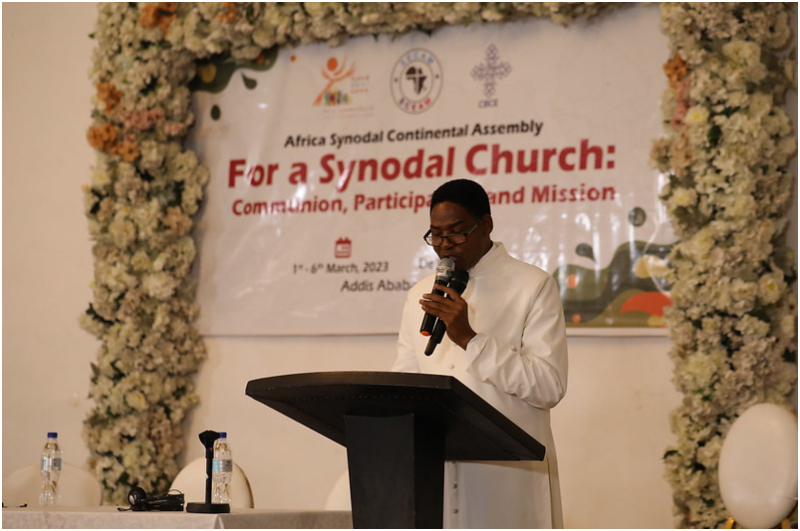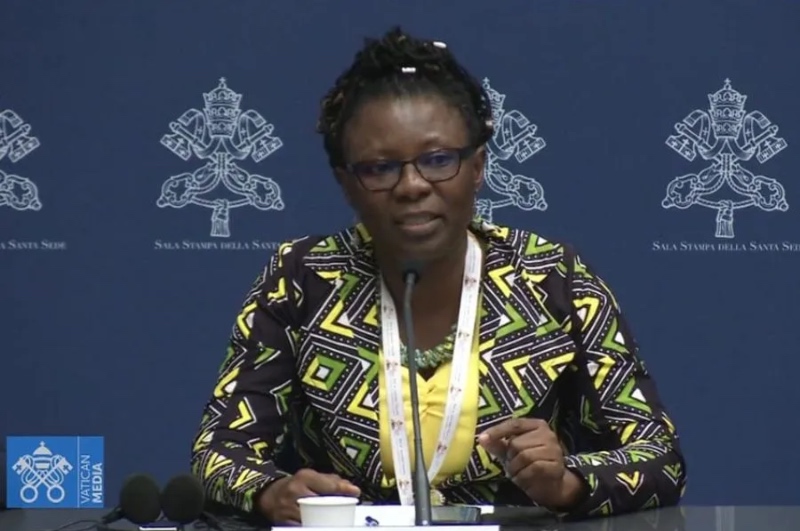

During the Wednesday, October 25 press briefing by Synod delegates, Dr. Norah Nonterah, a Synod on Synodality delegate from Ghana shared the joy of being “listened to” while she had groundbreaking conversations with leaders of the Church meeting in Rome.
Dr. Nonterah is one of the only two African lay women at the synod. The other African woman is Sheila Pires from Mozambique who is serving as Secretary of the Synod on Synodality Commission for Information.
For the first time, women are allowed to vote at a synod, and Dr. Nonterah is part of those making history in this regard.
Dr. Nonterah who teaches at Kwame Nkurumah University of Science and Technology (KNUST) in Ghana also represents the tiny number of African lay Theologians.
During the briefing she shared the joy of being “listened to” while she had groundbreaking conversations with leaders of the Church meeting in Rome.
“I felt listened to as a lay person, as a woman and an African in a Church that most often has not given that voice; a Church that has not had a chance to enrich itself with voice and wisdom from women, from lay people and from Africans,” Dr. Nonterah said.
She expressed gratitude at her selection to participate in the Synod on Synodality conversations, noting that she traveled to Rome carrying the experiences of those in the peripheries.
“I come to this synod with unique existential experiences. I am one of the two African lay women in this synod. I am also one of the few female African theologians. This is my first time participating in a synod,” the Catholic don said.
Read full story in the ACI Africa website {Here}
Photos: Vatican Media
Related Articles
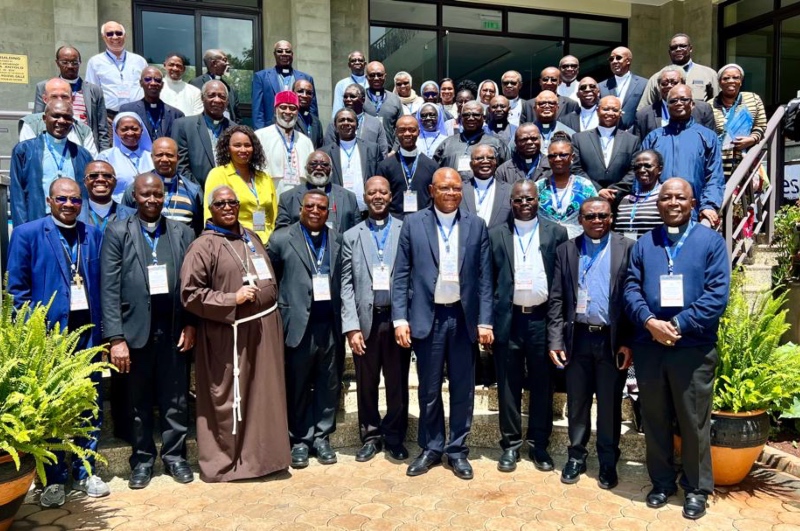
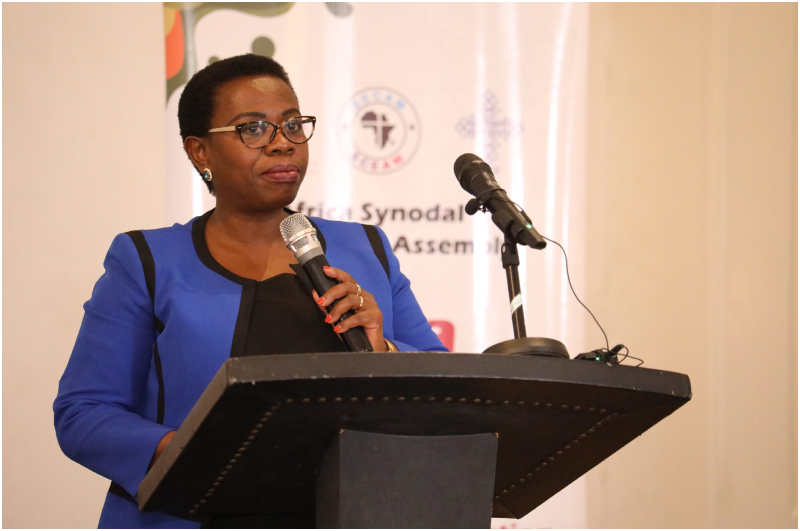
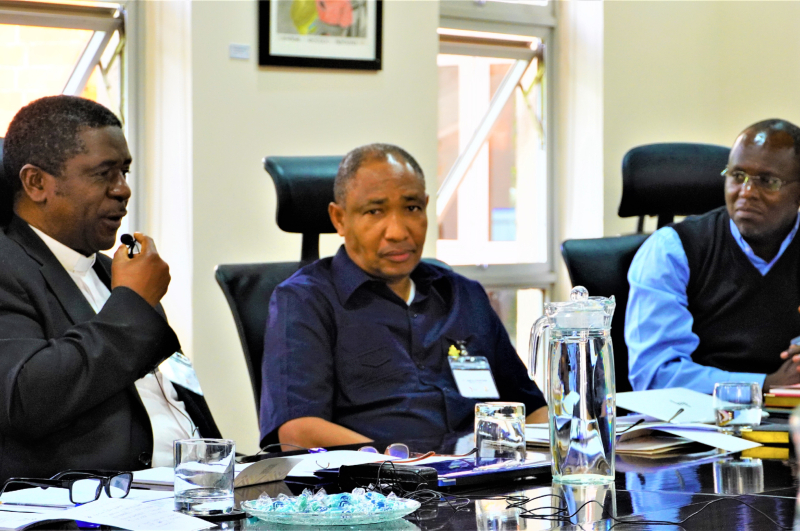
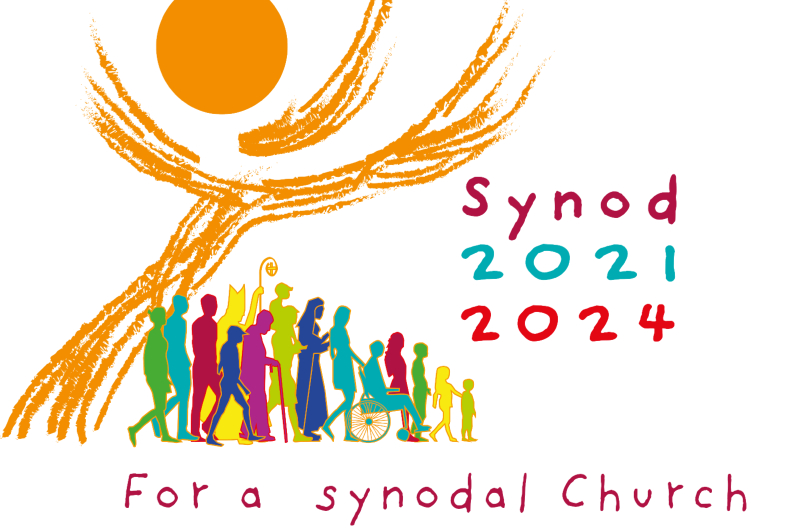
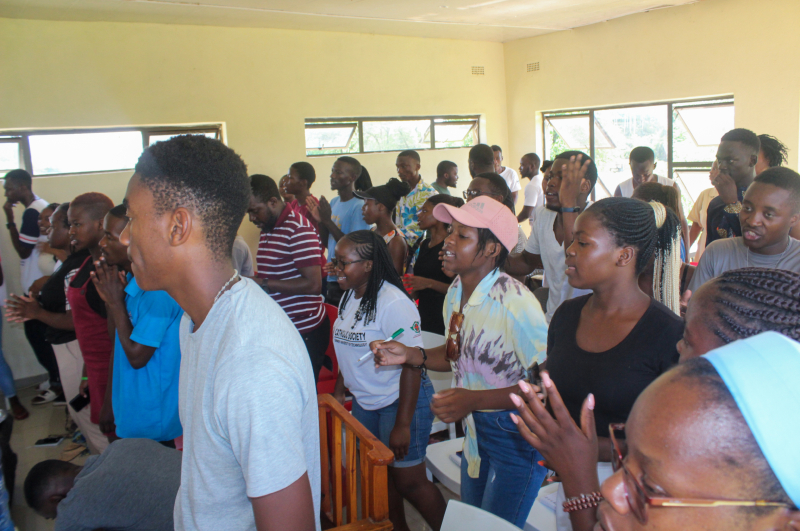
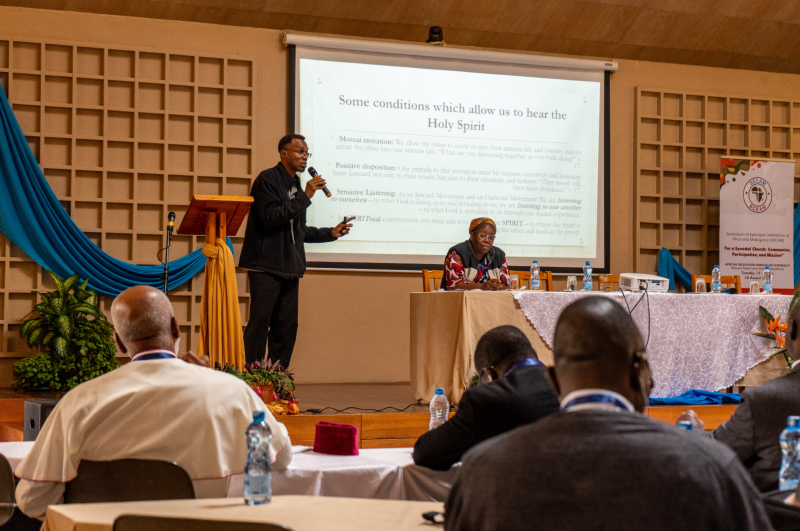
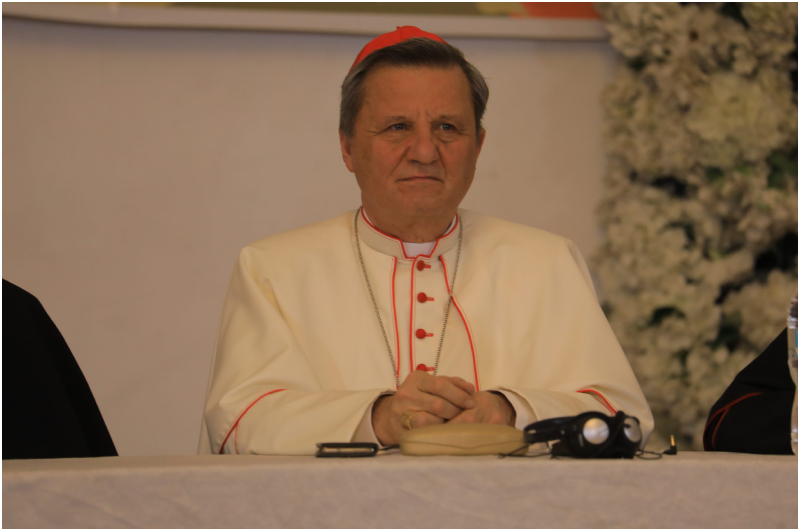
Select Payment Method
Pay by bank transfer
If you wish to make a donation by direct bank transfer please contact Fr Paul Hamill SJ treasurer@jesuits.africa. Fr Paul will get in touch with you about the best method of transfer for you and share account details with you. Donations can be one-off gifts or of any frequency; for example, you might wish to become a regular monthly donor of small amounts; that sort of reliable income can allow for very welcome forward planning in the development of the Society’s works in Africa and Madagascar.
Often it is easier to send a donation to an office within your own country and Fr Paul can advise on how that might be done. In some countries this kind of giving can also be recognised for tax relief and the necessary receipts will be issued.


